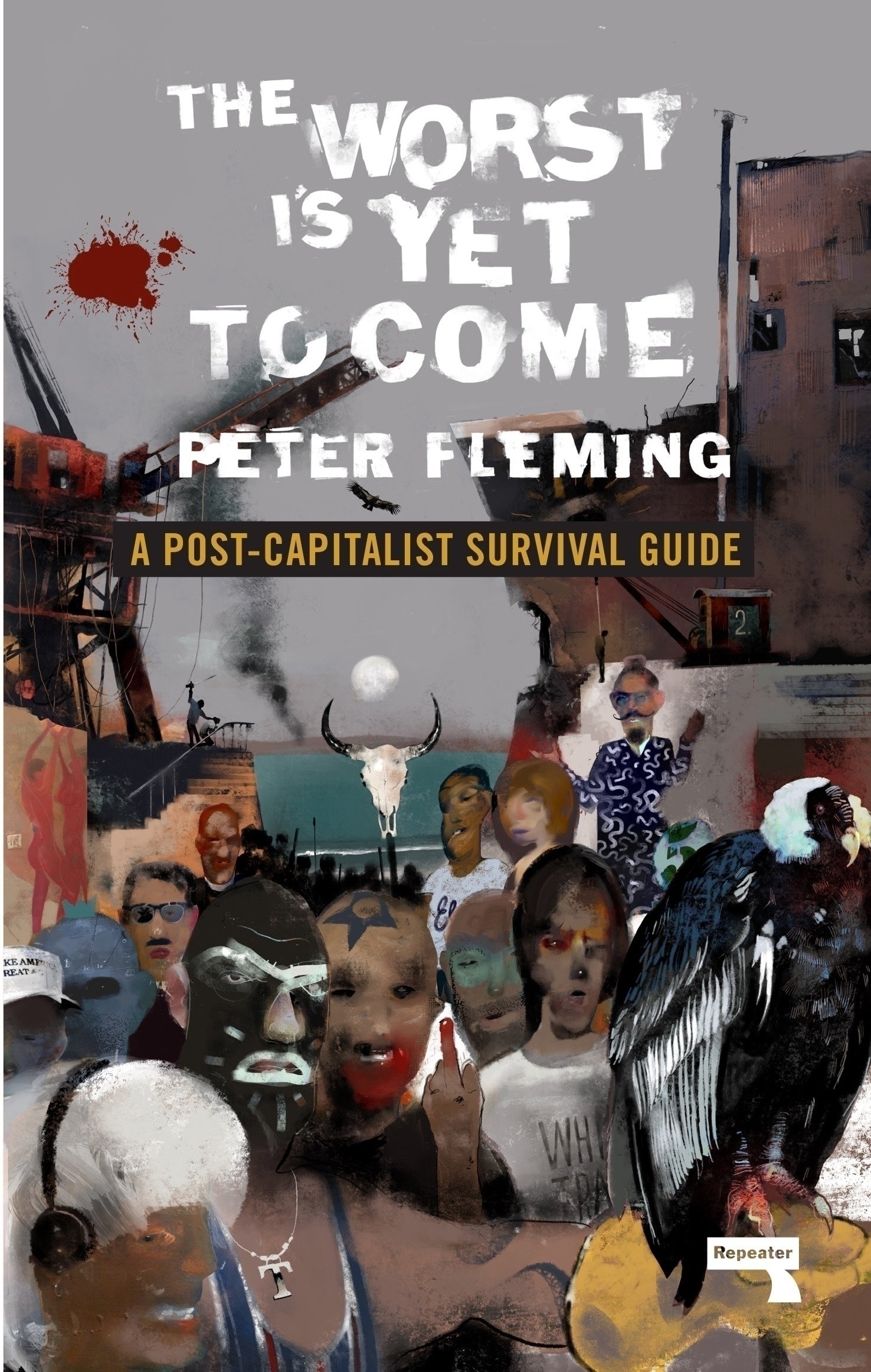Search Results: Returned 2 Results, Displaying Titles 1 - 2
-
-
2017., Pluto Press Call No: 330.01 F598d Availability:1 of 1 At Your Library Summary Note: "For neoclassical economists, Homo economicus, or economic human, represents the ideal employee: an energetic worker bee that is a rational yet competitive decision-maker. Alternatively, one could view the concept as a cold and selfish workaholic endlessly seeking the accumulation of money and advancement - a chilling representation of capitalism. Or perhaps, as Peter Fleming argues, Homo economicus does not actually exist at all. In The Death of Homo Economicus, Fleming presents this controversial claim with the same fierce logic and perception that launched his Guardian column into popularity. Fleming argues that as an invented model of a human being, Homo economicus is, in reality, a tool used by economists and capitalists to manage our social world through the state, business, and even family. As workers, we are barraged with constant reminders that we should always strive toward this ideal persona. It's implied - and sometimes directly stated - that if we don't then we are failures. Ironically, the people most often encouraged to emulate this model are those most predisposed to fail due to their socioeconomic circumstances: the poor, the unemployed, students, and prisoners. Fleming illuminates why a peculiar proactive negativity now marks everyday life in capitalist societies, and he explores how this warped, unattainable model for workers would cause chaos if enacted to the letter. Timely and revelatory, The Death of Homo Economicus offers a sharp, scathing critique of who we are supposed to be in the workplace and beyond"--Provided by publisher.
-
-
2019., Repeater Call No: 303.49 F598w Edition: A Repeater Books paperback original. Availability:1 of 1 At Your Library Summary Note: Capitalism is about to commit suicide and is threatening to take us down with it. But will it give way to a grand social utopia or the beginning of a new dark age... albeit WiFi enabled? The Worst is Yet to Come explores the disturbing possibility that the current crisis of neoliberal capitalism isn’t going to spawn an emancipatory renaissance, but a world that is much, much worse. Wealthy CEOs see it. They’ve been purchasing isolated bunker-retreats in New Zealand for when the shit goes down. Our politicians know it too, and are frantically transforming the liberal state into a militarized machine. Scientists are either uselessly decrying the looming eco-catastrophe or jumping on the opportunity to conduct ever-reckless experiments with the human genome. The animal kingdom is retreating from the scene in terrible silence, preferring the swift demise of the abattoir’s bolt-gun than witnessing what is about to happen. Yet some of us are still ignoring the warning signs, choosing instead to remain cheerfully optimistic, believing that society has probably hit rock bottom and the only way is up. This book argues the opposite. What if we haven’t hit rock bottom and are on the precipice of something much worse? And what if were too late? But this grim prospect isn't submitted in the name of millennial fatalism or hopeless resignation. On the contrary, if our grandchildren are to survive the implosion of capitalism – for the chances we will are fairly slim – then a realistic picture of the nightmare to come is crucial. Only an unwavering attitude of “revolutionary pessimism” will help us to prepare accordingly. For the apocalypse will almost certainly be disappointing.






